THE Agence Francaise de Developpement (AFD) has staked a total of 70 million U.S dollars to fund renewable energy and efficient energy projects in Nigeria.
Mr Chukwudumije Igwe, Member, Project and Structured Finance, Sub Sahara Africa, Access Bank, said this at the second edition of Sustainable Use of Natural Resources and Energy Finance (SUNREF) Nigeria programme investor conference yesterday in Lagos.
Join our WhatsApp ChannelMr Igwe who highlighted that the AFD 70 million U.S dollars fund was meant to be jointly disbursed by Access Bank Plc and United Bank for Africa (UBA), said the fund was expected to bridge Nigeria’s power needs and reduce environmental pollution.
He stated that SUNREF was committed to sponsoring projects that were innovative, technically eligible, energy efficient and renewable.
“SUNREF is a fund that has been made available by AFD to back renewable and energy efficient projects.
“Access bank is one of the disbursing banks and we are looking forward to reviewing and accessing projects that meets eligibility and also the risk criteria.
“The total size of the fund is 70 million U.S dollars and has been shared between Access Bank and UBA and we are looking for eligible projects to disburse this fund to.
“We know that a lot of the SUNREF project are power and renewable projects, and we know how critical infrastructure is to Nigeria and the federal government cannot do it alone.
“The private sector is key, and we also know that bridging this gap would involve private sector and development finance institutions.
“This is why this is very critical, and we hope that the fund would bridge a whole lot of the nation’s infrastructure gap,” he said.
Team Lead, SUNREF Nigeria, Mr Javier Betancourt, noted that the renewable energy sector had so far remained forgotten by financiers.
He said that the event was to bring together some investors, manufacturers, and captains of industry to have a conversation to address issues in the renewable energy sector as regards financing and policies.
Betancourt said access to finance to fund renewable energy projects required long-term financing not available in the country.
He, however, pointed out that the sector had become a more important subject matter, hence the involvement of banks in the matter.
“The 70 million U.S dollars is largely not enough but a start because what Nigeria needs is in billions because over 80 million people in Nigeria are completely unelectrified while the remaining 100 million are somewhat electrified.
“The investment needed is enormous and $70 million does not even begin to cover it, but it does help start things.
“This fund we are bringing in will be longer terms with minimum of five years and these are concessional lending rates which would help to finance these projects.
“It’s difficult approximating the exact amount the country needs by the renewable sector to bridge the nation’s energy gap, but I can say that Nigeria needs another 14GW of energy, an investment of about $10 billion in total.
“$70 million is a drop in the ocean, but it is an important drop because it will help move this sector to get the appropriate finance,” he said.
The Minister of Industry, Trade and Investment, Otuba Adeniyi Adebayo, represented by the Deputy Director, Industrial Development, Mr John Opaluwa, reaffirmed the ministry’s commitment to attracting investors into the country to boost industrial activities and economic growth.
He reaffirmed the need for economic managers to prioritise substantial investment into the implementation of the renewable energy solutions and energy efficiency measures.
“The rapid population growth and increase in industrial activities has led to a significant increase in energy consumption resulting to increase in environmental pollution and economic difficulties.
“Renewable energy provides access to alternative sources of energy that are more sustainable and reduce dependence on fossil fuels,” he said.
President, Manufacturers Association of Nigeria (MAN), Mr Mansur Ahmed, said the poor state of energy service over the years had constrained the manufacturing sector, leading to low level of competitiveness globally.
Ahmed, welcoming the initiative, said it would reduce the cost of doing business in the country and urged manufacturers to take advantage of the funding facility.

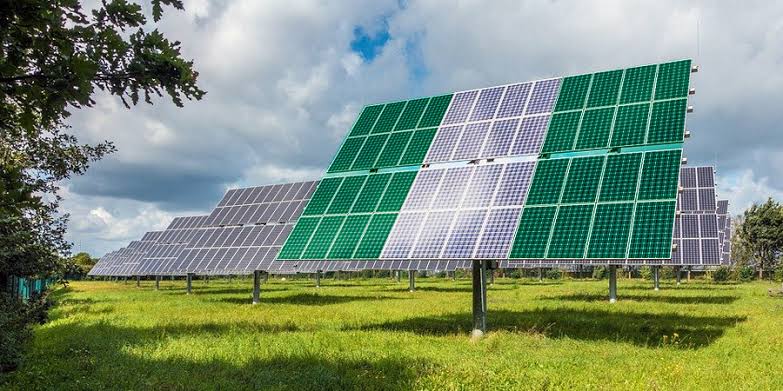


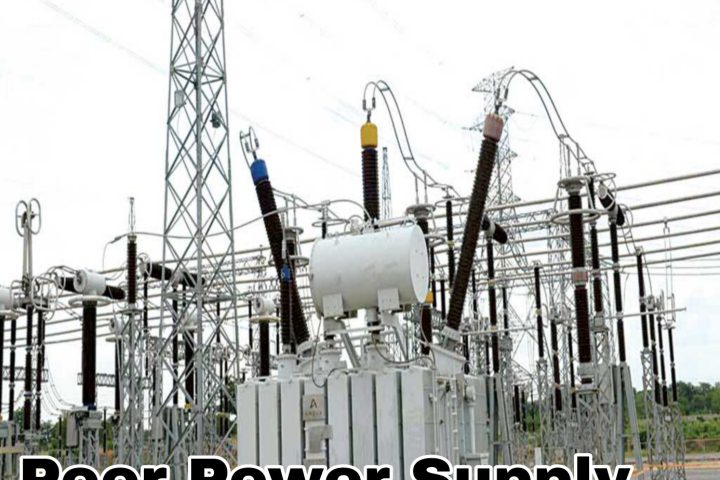
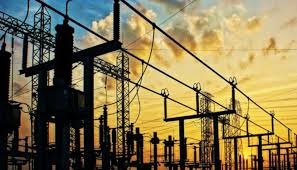
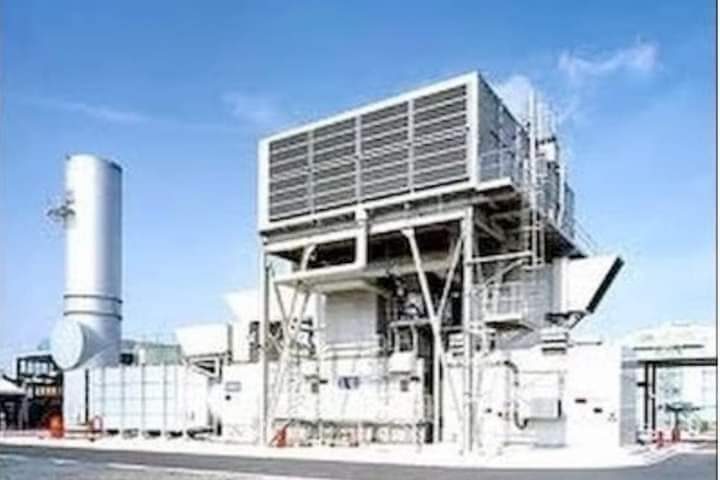
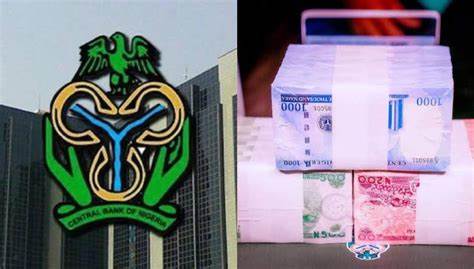
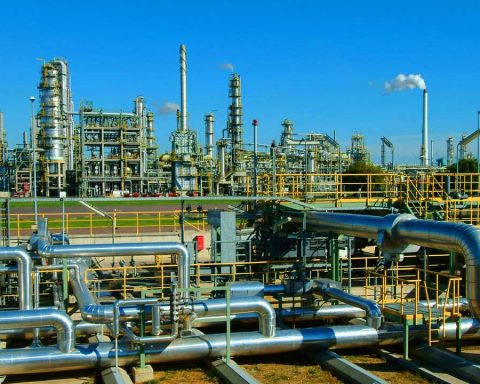
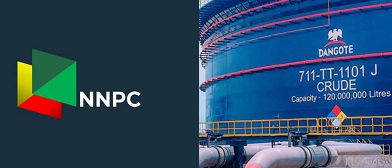





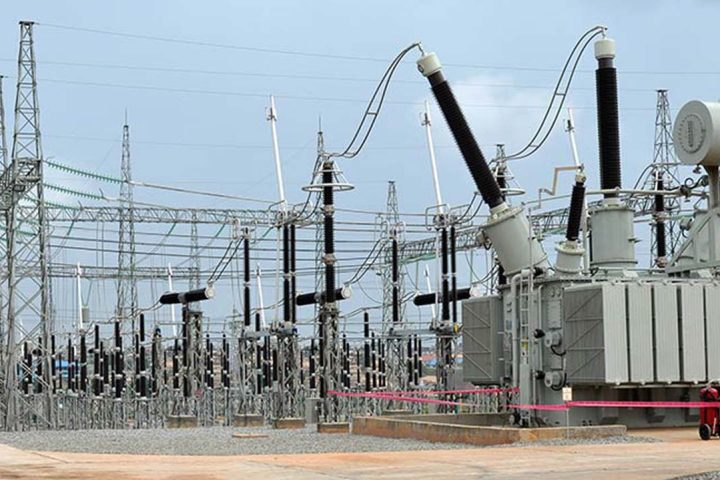
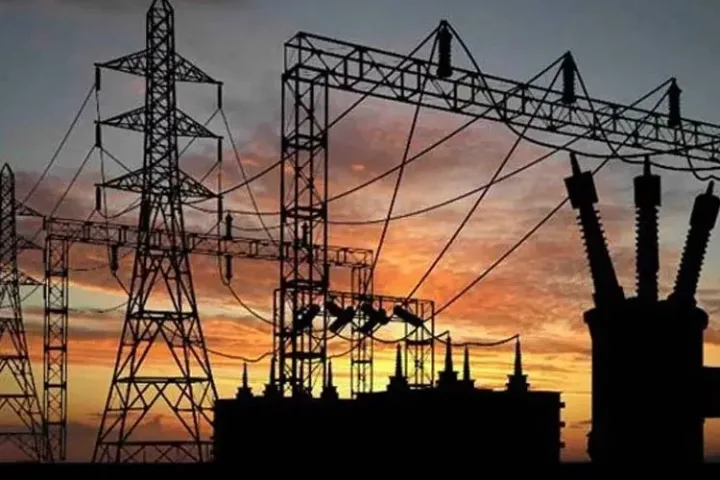
Follow Us